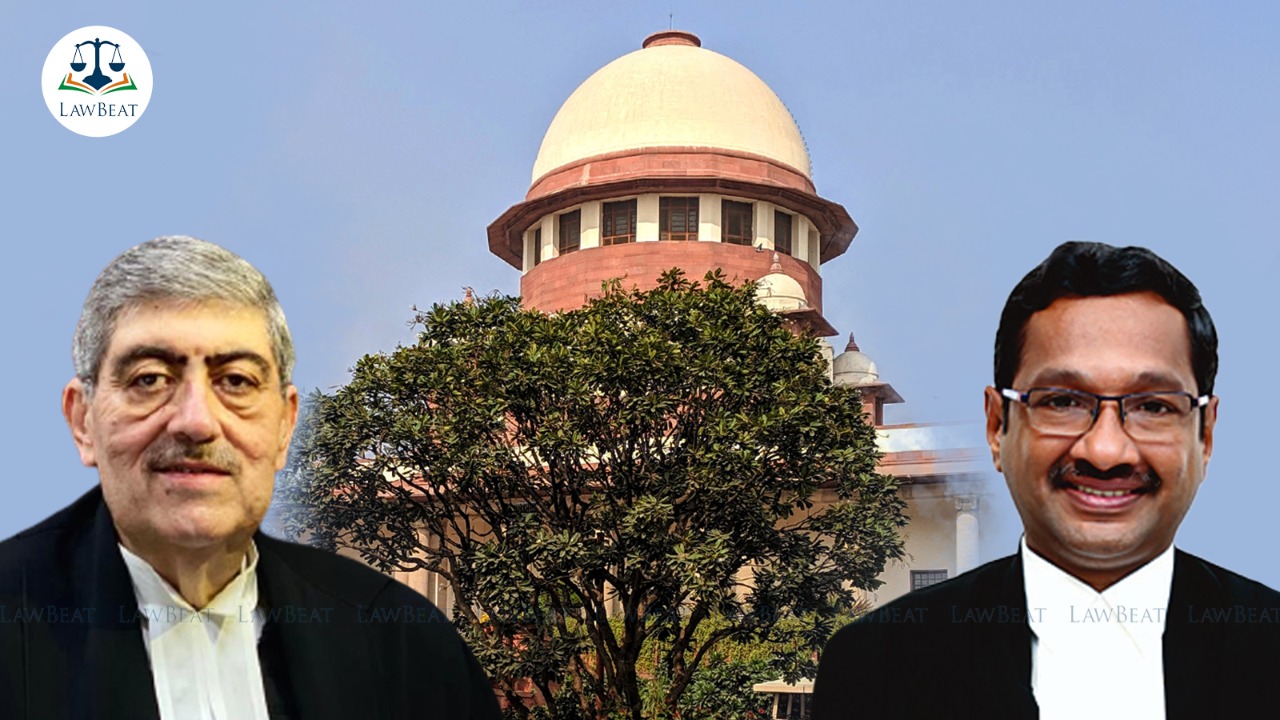Separation of Judicial & Executive powers not binding on Indian courts in proceedings under Extradition Act: Supreme Court

The Supreme Court, while disposing of a plea filed by terror convict Abu Salem seeking that he was to be released after completing 25 years in prison, has made observations on the principles of sovereign assurances and set off
The Supreme Court on Monday held that separation of Judicial and Executive powers and the scheme of the Indian Constitution cannot bind the Indian courts in proceedings under the Extradition Act.
".., the courts must proceed in accordance with law and impose the sentence as the law of the land requires, while simultaneously the Executive is bound to comply with its international obligations under the Extradition Act as also on the principle of comity of courts, which forms the basis of the extradition....", a division bench of the top court remarked.
A bench of Justices Sanjay Kishan Kaul and MM Sundaresh made these observations while holding that Centre is bound to release terror convict Abu Saleem on completion of 25 years of sentence in order to honour its assurance to Portugal.
Court held so in a plea by Bombay blast convict Abu Salem challenging the life sentence awarded to him stating that his imprisonment cannot extend beyond 25 years as per the assurances given by the government of India to Portugal during his extradition.
While referring to the proceedings that took place before the Courts in Portugal, the Supreme Court noted that the said courts realised the constraints of the extent to which the Government of India could give an undertaking considering that the courts in India were independent of Executive control.
"Thus, it was opined in para 12.2 of the judgment of the Supreme Court of Portugal dated 27.01.2005 that what could be requested was only a guarantee by the Government of India that should a sentence be imposed higher than that is specified, the Government of India would take all measures to comply with its obligations. As to how the obligations were to be complied with, was also specified by the Government of India in the solemn sovereign assurance dated 17.12.2002, in view of the powers of the President of India under Article 72(1) of the Constitution....", the bench added.
With this view, the Top court held that on completion of the period of 25 years of sentence, in compliance of its commitment to the courts in Portugal, the Government of India is required to advise the President of India to exercise its powers under Article 72(1) of the Constitution to commute the remaining sentence, or that the Government of India exercise powers under Sections 432 and 433 of the Cr.P.C.
Adding that it was necessary to make this process time bound so that it does not result in an unending exercise, the bench ordered,
"...the Government of India must exercise the aforesaid powers or render advice on which the President of India is expected to act, within a month of the period of completion of sentence. We say so also to respect the very basis on which the Courts of Portugal observed the principles of comity of courts by recognising that there is a separation of powers in India and, thus, the Courts cannot give any assurance."
Furthermore, while dealing with Salem's submission that the set off period should commence from September 18, 2002 when he was arrested pursuant to the Red Corner notice, the bench said that it cannot lose sight that when reference is made in a set off for adjustment of periods, the reference is to proceedings within the country.
"The criminal law of the land does not have any extra-territorial application. Thus, what happens in another country for some other trial, some other detention, in our view, would not be relevant for the purposes of the proceedings in the country", said the bench.
Case Title: ABU SALEM ABDUL KAYYUM ANSARI vs. THE STATE OF MAHARASHTRA
